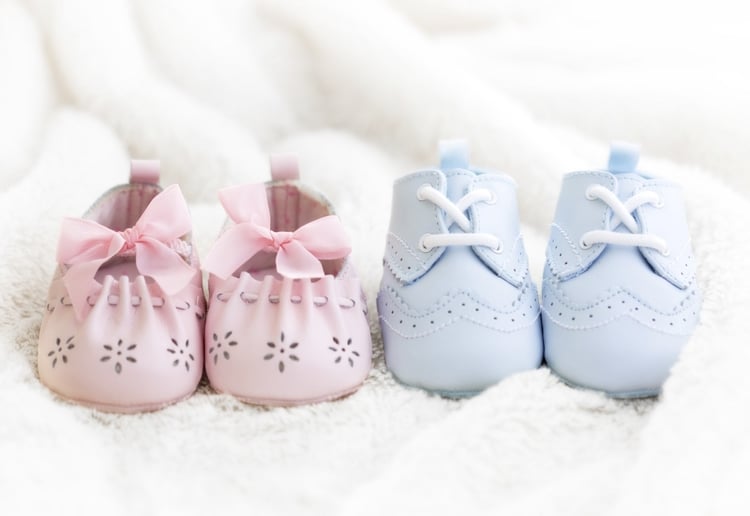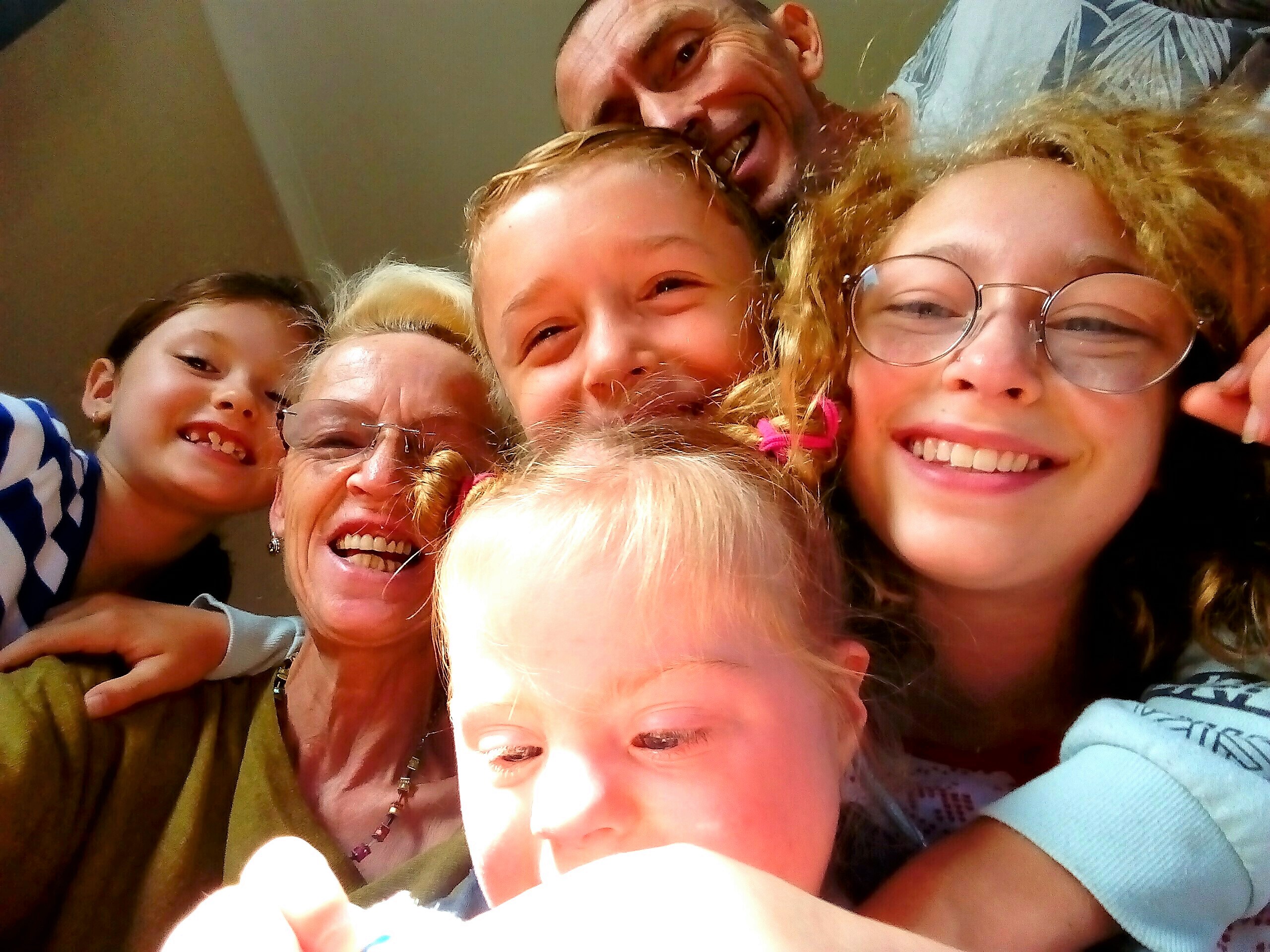Research finds climate change could alter the proportion of male and female newborns.
They claim more boys are born in places where temperatures rise and fewer boys are born in places with other environmental changes, such as drought or wildfire caused by global warming.
A recent study in Japan found a link between temperature fluctuations and a lower male-to-female sex ratio at birth, with conceptions of boys especially vulnerable to external stress factors, wrote Dr Misao Fukuda, lead study author and founder of the M&K Health Institute in Hyogo, reports 9 news.
Fukuda and his colleagues published a separate study looking at births in areas hit by environmental events that caused extreme stress. They included Hyogo Prefecture after the Kobe earthquake of 1995; Tohoku after the Great East Japan Earthquake of 2011 (and subsequent nuclear disaster at the Fukushima Daichii power plant); and Kumamoto Prefecture after the 2016 earthquakes.
Nine months after these disasters, the proportion of male babies born in these prefectures declined by between 6 percent and 14 percent from the previous year. This data supports the idea that major stress affects gestation, which in turn alters the newborn sex ratio, Fukuda and his co-authors wrote.
Stress stemming directly from “climate events caused by global warming” might also affect the sex ratio, Fukuda wrote in an email. Though scientists do not know how stress affects gestation, Fukuda theorises that the vulnerability of Y-bearing sperm cells, male embryos and/or male fetuses to stress is why “subtle significant changes in sex ratios” occur.
Samuli Helle, a senior researcher in the Section of Ecology, Department of Biology at the University of Turku in Finland, also found that “warmer temperatures bring sons.”
In his study of the Sami people of Northern Finland, he was also able to quantify the effect: For every 1 degree Celsius (1.8 degrees Fahrenheit) rise in temperature, there was a 0.06 percent increase in the ratio of newborn boys compared with girls. For example, he said, an annual increase of 3 degrees Celsius (5.4 degrees Fahrenheit) would translate to a 0.18 percent higher ratio of male-to-female newborns.
“Not a dramatic influence at first sight but it should be remembered that in large populations such effect size might mean thousands of ‘extra’ boys annually,” Helle wrote in an email.
Share your comments below
We may get commissions for purchases made using links in this post. Learn more.























-

-
-
-
littlehandsofmine said
- 30 Jan 2019
-

-
-
-
mom101628 said
- 29 Jan 2019
-

-
-
-
skbou said
- 28 Jan 2019
-

-
-
-
nealsq said
- 28 Jan 2019
-

-
-
-
mom111059 said
- 28 Jan 2019
-

-
-
-
becstalou said
- 26 Jan 2019
-

-
-
-
Ellen said
- 26 Jan 2019

-

-
-
-
mom93821 said
- 26 Jan 2019
-

-
-
-
Blossom said
- 25 Jan 2019
-

-
-
-
mom160421 said
- 25 Jan 2019
-

-
-
-
BellaB said
- 25 Jan 2019
-

-
-
-
mom90758 said
- 25 Jan 2019
Post a comment7:19 am
10:55 pm
11:38 pm
8:17 pm
7:28 pm
8:12 pm
9:25 am
-

-
-
-
mom93821 replied
- 28 Jan 2019 , 5:56 pm
Reply6:11 am
10:27 pm
9:31 pm
-

-
-
-
Mum2archer replied
- 27 Jan 2019 , 11:26 pm
Reply6:45 pm
2:56 pm
To post a review/comment please join us or login so we can allocate your points.